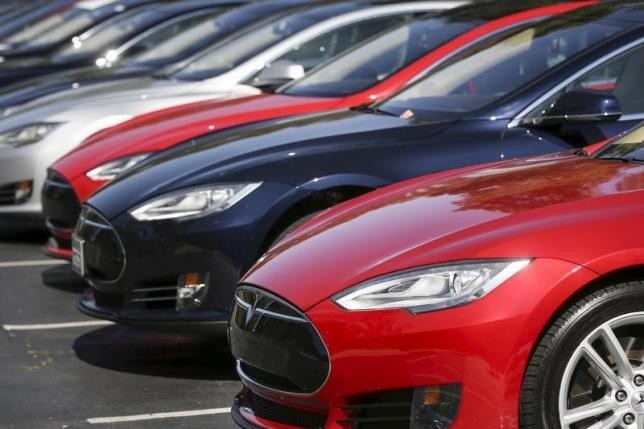A statistician who operates a car reliability tracking service believes that shifting vehicle owner expectation and not the number of flaws is the reason why Consumer Reports withdrew its endorsement for Tesla's Model S.
Consumer Report cited reliability issues as the reason behind the downgrade, according to LA Times. In withdrawing its recommendation for the electric vehicle, the report states that Model S suffers from "worse-than-average reliability."
Because of the downgrade, Tesla stocks dipped by 1.4 percent for the second consecutive day on Wednesday as it closed down $2.94 at $210.09. The previous day, the company owned by Elon Musk logged a 7 percent drop in shareprice.
Among the problems that users cite are the car's drivetrain, power equipment, charging equipment, very large center console that looks like giant iPads, body, sunroof squeaks, rattles and leaks. According to TechTimes, other owners also report failure of the vehicle's retractable door handles which results in the motorist locked out of the Model S. The portal also stresses that because its electric engines are silent, "other noises are likely more pronounced."
However, TrueDelta, operated by Michael Karesh, says that Model S's reliability improved by about 20 percent in the last 12 months. But he points out that the electric Tesla car is three to four times less reliable in comparison to other new vehicle.
He says the recent spike in complaints received by Consumer Report could be due to the way it conducts the research which is by asking vehicle owners to report serious problems. Karesh explains, "If an owner is very enthusiastic about their car, or receives outstanding service from their dealer, they are less likely to report a problem on the CR survey."
He adds early adopters are often more forgiving of problems, but as more motorists buy a particular car mode, the tolerance for these problems decreases.
Karesh bases his analysis on report from owners on specific problems they addressed. However, he based it on the response of only about 100 consumers, while Consumer Reports had about 1,400 responses.



























